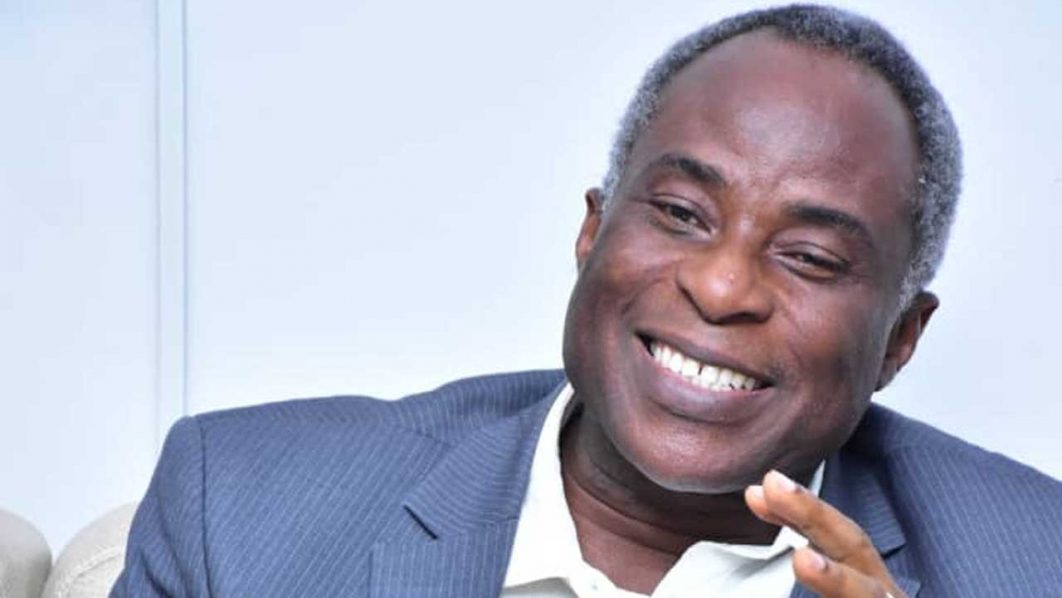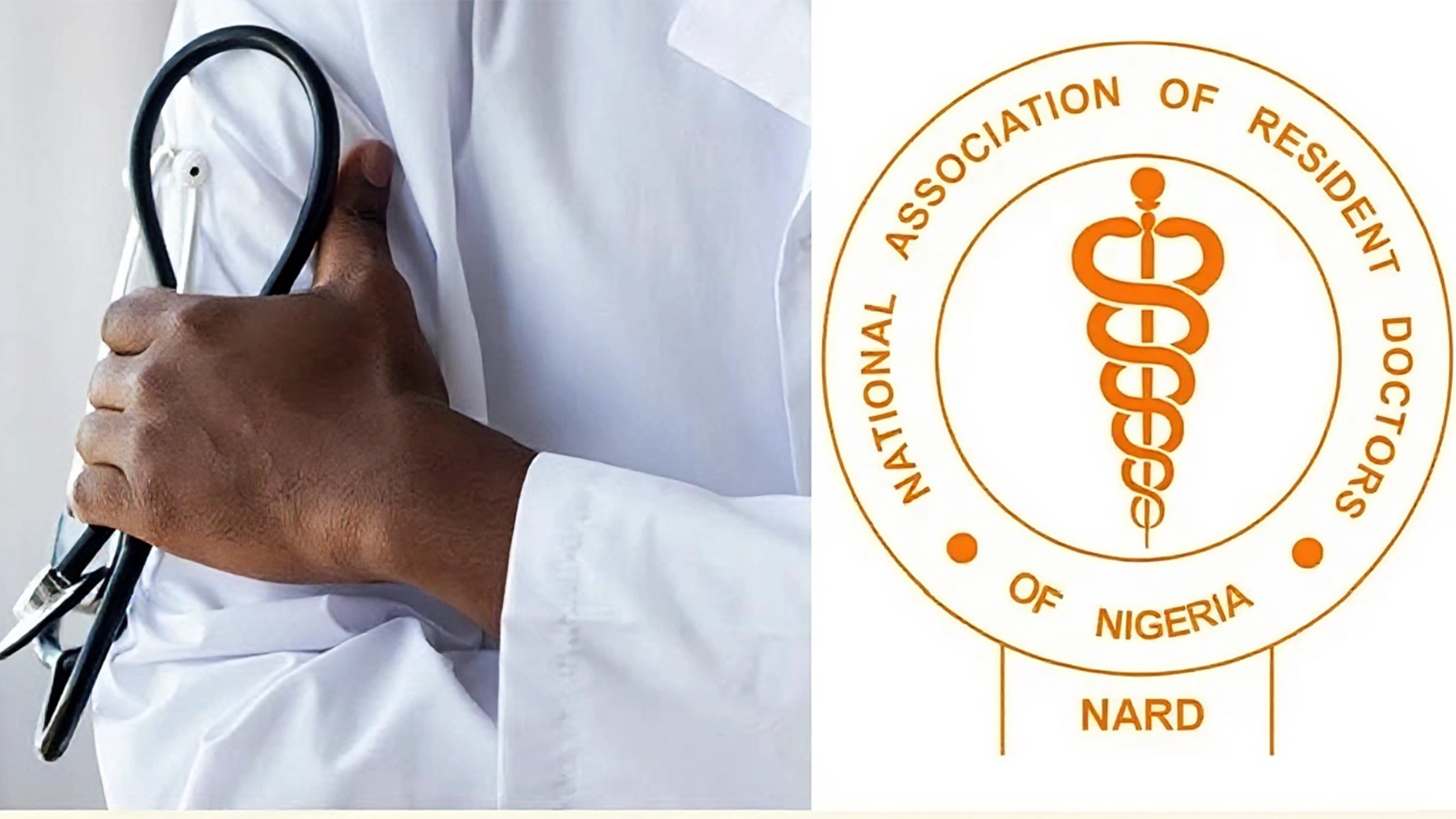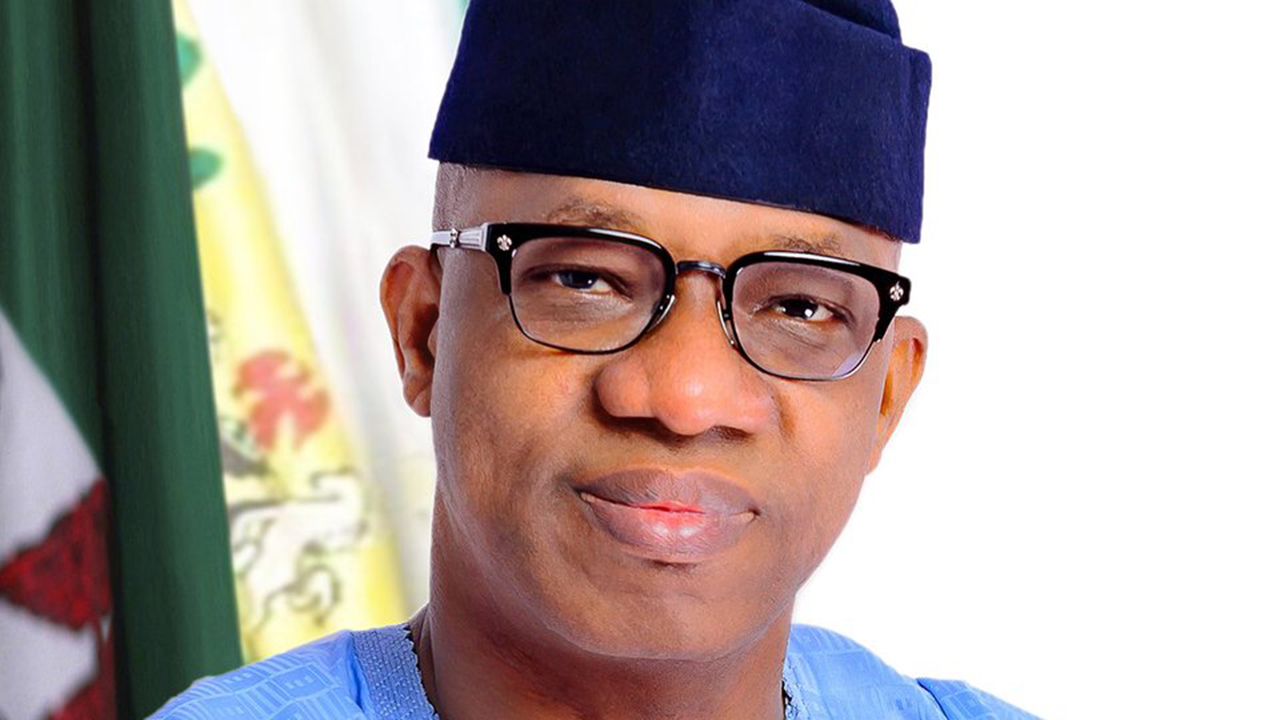
Undoubtedly, the lingering electricity supply impasse rocking the University College Hospital (UCH), Ibadan, Oyo State, since last October, has done more harm than good to the reputation of the premier tertiary hospital. But the good news is that the challenge has equally attracted the attention of critical stakeholders that are now bent on finding a lasting solution to the energy crisis.
Indeed, it is disheartening that one of the country’s foremost medical institutions had to struggle with erratic power supply in recent months, leading to disruptions in critical healthcare services. Reports from patients and hospital staff indicate that frequent blackouts have affected medical procedures, laboratory operations, and patient care.
It may no longer be news that the development has paralysed major activities within the health facility for nearly four months, but what is actually news is the fact that journalists have failed to bring up two critical issues connected to the development, to public glare.
The first is the misinformation that daily activities in the hospital were grounded to a halt, contrary to the fact that the activities were just disrupted. The second issue is the underground efforts by the Chief Medical Director (CMD), Prof. Jesse Abiodun Otegbayo and his team, in search of alternative power supply to tackle the current malaise head-on.
Though it was of recent that the power situation became a big challenge to the hospital, to the point of disconnection by the Ibadan Electricity Distribution Company (IBEDC) since October 26, 2024, The Guardian investigation showed that the current administration, which came on board on March 1, 2019 met an outstanding energy bill of N204, 704,770.71.
The CMD, Prof Otegbayo, outlined the electricity challenges, which led to the current development to include high electricity tariff from IBEDC, especially placement of the hospital on Band A, which resulted in an astronomical rise in monthly electricity bill, which he said is not sustainable.
“Outstanding electricity bills carried over from past IBEDC bills; bulk metering – the IBEDC billing is from a single meter placed at the high voltage end of the transformer. This is contributing to high cost of electricity.
“The need to have separate meters for the different consumers living within the hospital premises – businesses, residential area; College of Medicine and Hostels; old infrastructure requiring replacement – old armoured cable, 7.5 KVA transformer due for replacement, old electricity console at our 11KVA substation; and need for two transformers to serve the College and residential areas/business for better energy accountability,” he said.
But as brutal as the power blackout has become, it was authoritatively gathered that normal activities are still going on in some sections of the hospital, contrary to rumours of inactivity, coupled with claims that family of patients come with their generators.
The Guardian learnt that installation of Solar Inverter has been made available at the Emergency Department, Theatre Suites, Intensive Care Unit, Paediatrics Intensive Care Unit, Otunba Tunwase Paediatrics Ward, South East 1, South East 2, South-East 3, South-East 4, East 3, High Dependency Unit, South-West 1, South-West 2, South-West 3, South-West 4, North-West 2, C1-4th, C1-2nd, Owena Dialysis Centre, and Burn Unit.
Others include Blood Bank, Electrocardiography/Echocardography Units, Endoscopy Unit, General Outpatient Clinic, Surgical Outpatient Clinic, Ent Clinic, Children Outpatient Clinic, Medical Outpatient Clinic, Medical Micro Biology, Labour Ward Theatre, Gynaecology Theatre, Universal Laboratory, and Private Suites.
The Coordinating Minister of Health and Social Welfare, Prof Ali Pate, confirmed the self-help efforts of the hospital in a television interview. He noted that the CMD in the last three months has done incredible job of transiting to off grid power supply.
He said: “This has been a story of accumulated debt for several years to IBEDC. The hospital was disconnected and reconnected; we stepped in to help the hospital, but the CMD in the last three months has done incredible job that people may not want to acknowledge of transiting to off grid power – solar.
“He solarised many of the wards, theatres and he developed a mechanism whereby they use diesel for theatres to operate. It is not that the hospital wasn’t functioning, it was functioning within certain bounds and using off grid resources to power the hospital, it’s not as if they are in darkness completely.
“He told me, I want to have an alternative, a back up, so that I can negotiate with IBEDC to pay some of the debts and they can reconnect us. The challenge that he has was that UCH power was connected to University of Ibadan; there are private entities within the university, so the UCH was paying bills of what they consume, as well as others, including residences that are within that perimeter.”
Prof Pate, who frowned at the untoward development where the hospital is bearing the burden of private residents, especially those who are not even working in the hospital, noted that the hospital is still functioning, “the theaters function, it also operates, and have patients.
“The issue of transformer that they are looking for, the power minister is working very hard to ensure that they get the transformer, so that they can disaggregate what the hospital has and what other parts of the hospital have. And in this year’s budget, not only UCH, for all our hospitals, we are working through the Energy Commission and Rural Electrification to ensure we use alternative power sources because the cost of diesel is encroaching on the Internal Generated Revenue, our CMDs have been struggling with that, trying to bring relief.”
Coupled with the resilience of the CMD, it was learnt days ago, that the Oyo State Government has announced plans to connect the hospital to its Independent Power Plant (IPP) to mitigate ongoing power supply challenges.
In a statement posted on its official social media handle, the state government acknowledged the hospital’s electricity woes and emphasised that, despite UCH being a federal institution, it intends to offer a medium-term solution through integration with the state’s power infrastructure.
The Oyo State Government’s intervention, though temporary, is expected to provide some relief to the hospital’s management and patients. The IPP, which currently supplies energy to key state facilities, through the arrangement, will be extended to UCH as part of the medium-term solution. However, officials have not disclosed a timeline for the implementation.
The Guardian learnt that the gesture is not unconnected to a letter sent by the hospital to the Commissioner of Energy, dated December 4, 2025 and titled: “Request For 300 Kilowatts Of Solar Power,” where the hospital made a special request to purchase 300 kilowatts of energy from the IPP to meet the needs of the hospital.
The letter was followed up with another letter dated January 13, 2025, titled: “Expression of Interest for Participation in the Oyo State Hybrid Independent Power Project.”
Signed by the CMD, Prof Otegbayo, and addressed to Governor ‘Seyi Makinde, the hospital again, solicited for participation in the hybrid IPP, for the delivery of its mandate.
While the Federal Government remains responsible for the hospital’s overall management and infrastructure, the gesture, concerned Nigerians, say signals a growing trend of state governments stepping in to address local energy deficiencies affecting federal institutions.
Aside the bold steps taken so far, for continuous effective service delivery, the CMD is soliciting for essential electrical equipment from federal and state governments, private sector and individuals to operate maximally and regain its positions as the premier hospital in the country.
“We need to replace the old underground HT armoured cable; replacement of obsolete 11KV BRUSH HT distribution panel; replacement of obsolete 415V LT distribution panel; purchase of seven numbers of 3 ways Ring Mains Unit (RMU); installation of newly purchased 5MVA 33KV transformer; separation and redistribution of loads; purchase of additional 7.5MVA 33KV transformer; and purchase of two numbers 500KVA transformers,” the CMD said.






